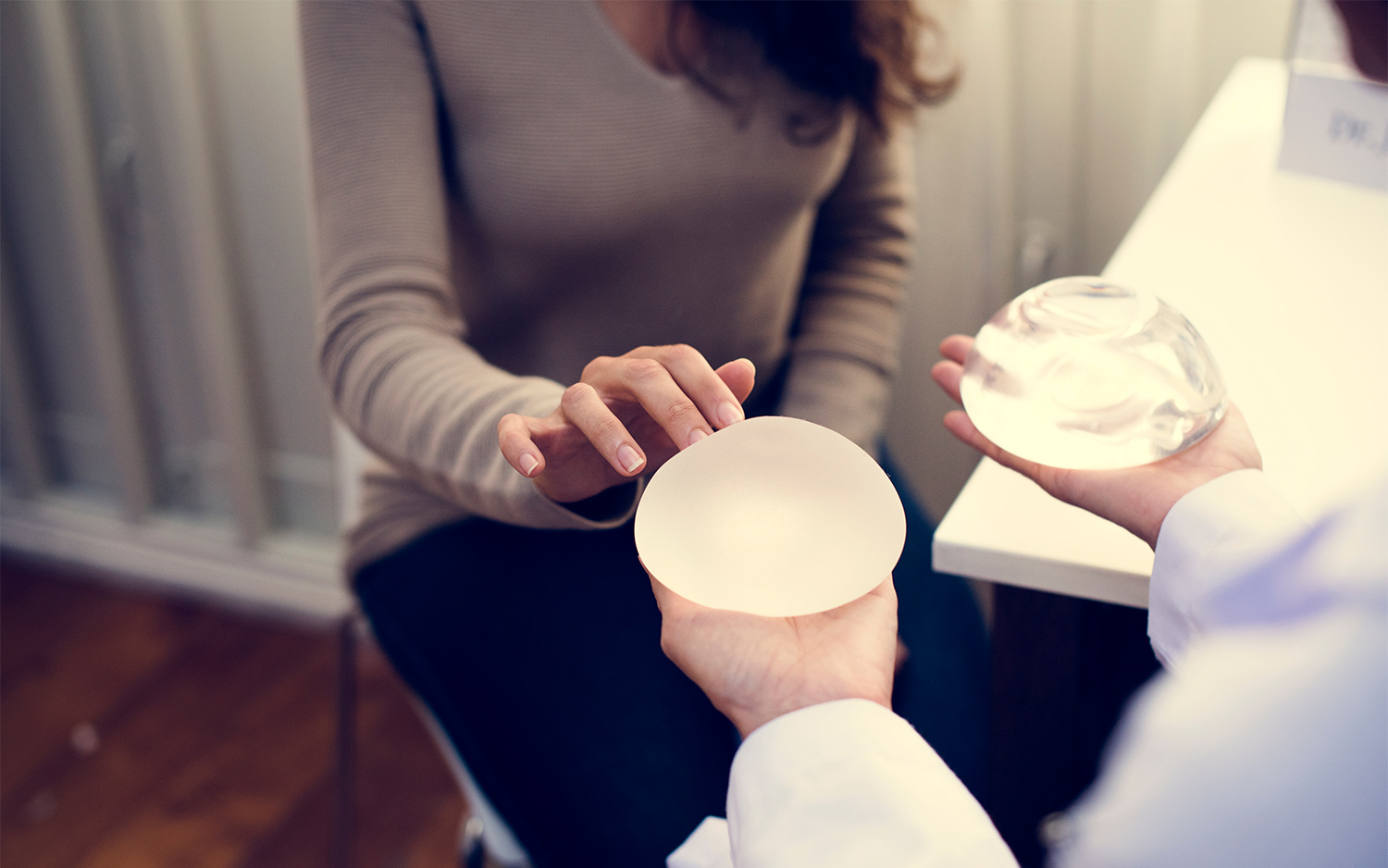
More Women Reported to Have Rare Cancer Linked to Breast Implants

More cases of a rare cancer linked to breast implants have been reported in the U.S., according to the Food and Drug Administration (FDA).
This week, the FDA announced that it had received a total of 660 reports of this cancer — called breast implant-associated anaplastic large cell lymphoma (ALCL) — over an eight-year period ending in September 2018. That's 246 additional reports since the previous totals were released last year, the FDA said in a statement released yesterday (Feb. 6).
The FDA said that such increases are to be expected given that the agency has worked to encourage patients and health care providers to report cases of breast implant-associated ALCL. However, the agency noted that some cases were reported more than once (for example, by both the patient and the health care provider). In all, there were 457 unique cases of this cancer, including nine deaths.
ALCL is not breast cancer; rather, it is a type of lymphoma, which is a cancer of immune system cells. When it occurs in women with breast implants, the cancer typically appears in the scar tissue around the implant. Although most cases have occurred among women with textured breast implants, some cases were among women with smooth implants, the FDA said. But a number of reports did not include the type of texture of the implant, which makes it more difficult to know if certain types of implants are tied to a higher risk of this cancer.
The FDA also said that it wants health care providers to be aware of breast implant-associated ALCL and to consider this diagnosis in patients with breast implants who have new symptoms of pain, swelling or lumps around their breast implants. By encouraging health care providers to report cases of breast cancer-associated ALCL, the FDA hopes to better understand the causes of the condition.
- 10 Do's and Don'ts to Reduce Your Risk of Cancer
- 7 Plastic Surgery Myths Revealed
- 5 Myths About Women's Bodies
Originally published on Live Science.
Sign up for the Live Science daily newsletter now
Get the world’s most fascinating discoveries delivered straight to your inbox.

Rachael is a Live Science contributor, and was a former channel editor and senior writer for Live Science between 2010 and 2022. She has a master's degree in journalism from New York University's Science, Health and Environmental Reporting Program. She also holds a B.S. in molecular biology and an M.S. in biology from the University of California, San Diego. Her work has appeared in Scienceline, The Washington Post and Scientific American.










